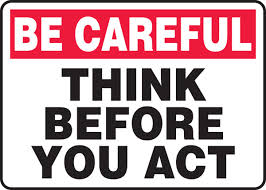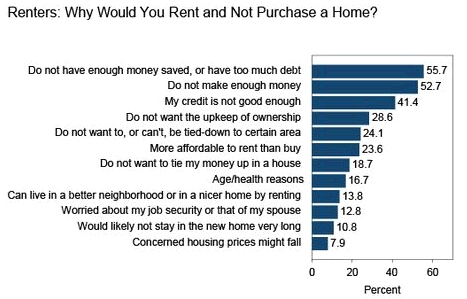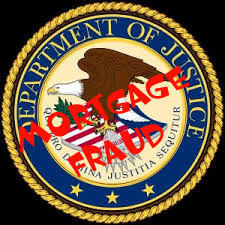Seems like every week I get a new client, who has been working with another lender, and suddenly, their mortgage application was denied very close to closing. A common statement they make is, how can that be, I was Pre-Approved?”
THE APPROVAL PROCESS
The answer is yes and no. Under the standard procedure most lenders follow is that the loan officer takes an application. Next the loan officer should pull credit. This should give the lender a good preview of the potential final outcome. Many lenders will give a pre-approval letter at this point, but they really should not.
IF YOU HAVE NEVER SUBMITTED SUPPORTING DOCUMENTS, YOU ARE NOT PRE-APPROVED
If the application looks good, the lender should now collect and verify your supporting documents. This includes W2’s, tax returns, pay stubs, bank statements, and other needed documents depending on your situation, like divorce and bankruptcy papers.
Upon a successful review of the application and supporting documents, your Loan Officer should be able to provide a valid Pre-Approval letter.
IS THIS A GUARANTEE?
Your Pre-Approval is not a guarantee. But at this stage, a properly reviewed application from an experienced Loan Officer is as close as you can get to knowing your application will be approved. There are many more steps between this stage and closing. Unfortunately, this is where a lot of loan applications run into trouble. Poorly trained, unlicensed, and inexperienced Loan Officers miss many important items at this stage. The list of items they miss is too long to list here. Understand that 80% of loan officers are NOT LICENSED.
UNDERWRITING
Your application will now go through a processor. That person will usually order the appraisal, title work from a title company, an IRS copy of your tax transcripts, and generally scrub the file to make sure the minimum items needed are in the file. Once everything is back, the full file goes to underwriting for review. Assuming everything was entered and done correctly up to this point, the vast majority of loans are fully approved and cleared to close.
 ISSUES DURING UNDERWRITING
ISSUES DURING UNDERWRITING
Surprises that show up at this stage included incorrectly calculated income, unqualified income, appraisal issues, inappropriate funds to close, and surprises on your tax transcripts, like small self-employed side jobs, or large un-reimbursed employee expenses. At this point, we even run into people who during the application process have lost their jobs!
CONCLUSION
As you can see, there are a few items that can truly pop up to kill an application that are not discovered until during the underwriting process. BUT THE VAST MAJORITY are not surprises. Most were there to be discovered at application.
10% of the success of your mortgage application is the company you chose. 90% of the success is the Loan Officer you chose. Chose wisely!












 The first question is pretty silly… Of course it was. The second question is tougher to answer until the completed appraisal physically shows up on the lenders desk.
The first question is pretty silly… Of course it was. The second question is tougher to answer until the completed appraisal physically shows up on the lenders desk.